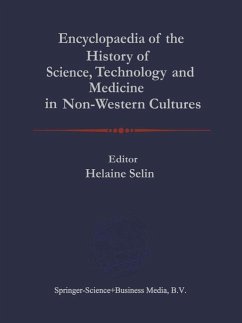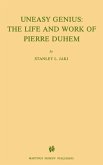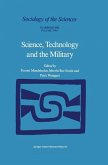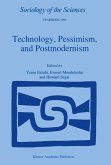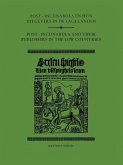The Encyclopaedia fills a gap in both the history of science and in cultural stud ies. Reference works on other cultures tend either to omit science completely or pay little attention to it, and those on the history of science almost always start with the Greeks, with perhaps a mention of the Islamic world as a trans lator of Greek scientific works. The purpose of the Encyclopaedia is to bring together knowledge of many disparate fields in one place and to legitimize the study of other cultures' science. Our aim is not to claim the superiority of other cultures, but to engage in a mutual exchange of ideas. The Western aca demic divisions of science, technology, and medicine have been united in the Encyclopaedia because in ancient cultures these disciplines were connected. This work contributes to redressing the balance in the number of reference works devoted to the study of Western science, and encourages awareness of cultural diversity. The Encyclopaedia is the first compilation of this sort, and it is testimony both to the earlier Eurocentric view of academia as well as to the widened vision of today. There is nothing that crosses disciplinary and geographic boundaries, dealing with both scientific and philosophical issues, to the extent that this work does. xi PERSONAL NOTE FROM THE EDITOR Many years ago I taught African history at a secondary school in Central Africa.
Dieser Download kann aus rechtlichen Gründen nur mit Rechnungsadresse in A, B, BG, CY, CZ, D, DK, EW, E, FIN, F, GR, HR, H, IRL, I, LT, L, LR, M, NL, PL, P, R, S, SLO, SK ausgeliefert werden.

